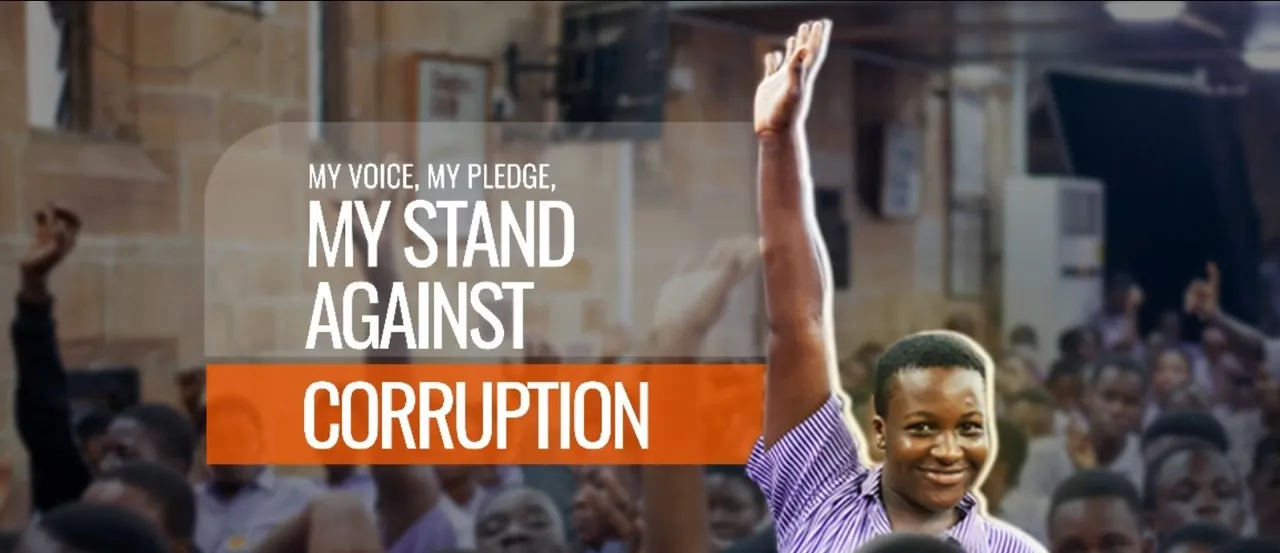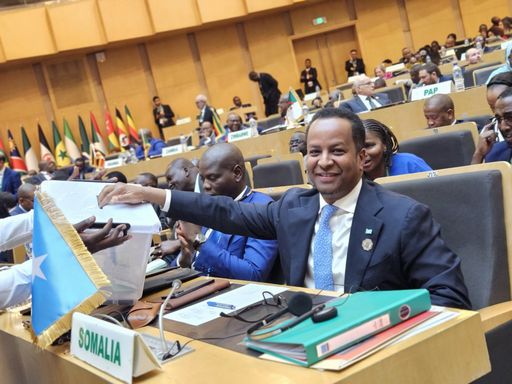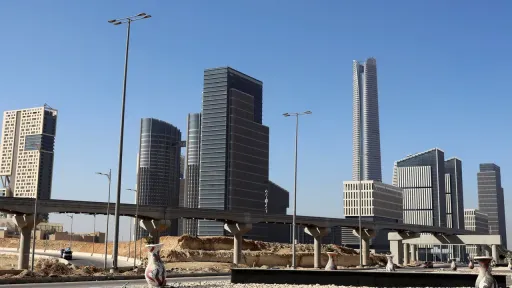Sport
To strengthen his stance on fighting corruption within his government, President John Dramani Mahama launched a code of conduct as a guiding document to regulate the conduct of his appointees.
By Dr. Peter Asare-Nuamah
Fighting corruption has been one of the biggest challenges every Ghanaian government has faced despite the country’s relative political stability.
The recent corruption perception index showed poor performance of the country in tackling corruption.
Indeed, successive governments have made several attempts and instituted reforms, including the establishment of the Office of the Special Prosecutor, to fight corruption.
However, their outcomes are often below the expectations of the public who demand accountability from the government and public officials.
While in opposition, the National Democratic Congress (NDC) labelled the then President, Akufo Addo, as the ‘clearing agent’ with the argument that he often cleared his appointees allegedly involved in corrupt practices.
Now the NDC is back in power, with John Mahama as the president, after winning the 2024 elections.
Ahead of the elections, President Mahama and the NDC vowed to prioritise fight against corruption, particularly under their ‘operation recover all loots‘ (ORAL) agenda, as one of their key campaign messages.

The President constituted the ORAL Committee to gather intelligence and evidence of corrupt practices by the appointees of the previous administration.
A cycle of witch-hunt?
While the ORAL mantra was perceived by some in Ghana’s political space as a witch hunt tactic against officials of the previous New Patriotic Party (NPP) government, the NDC has defended it as one of the ways of fighting corruption in the country.
Indeed, fighting corruption must go beyond mere rhetoric to concrete action. The posture of the leader of the government is always crucial in making progress or otherwise.
This is because, often, leaders tend to fight corruption from outside - targeting their opposition and not necessarily officials within their own government or political party, making the fight against corruption ineffective.
This results in a cycle where the incumbent government targets the appointees of the previous government and not their own.
Upon his swearing-in on January 7, 2025, President Mahama made a declaration to fight corruption.
While swearing in his ministers and appointees, the president also emphasised the need for accountable leadership, and warned that anyone who engages in corruption will be booted out of government.
Mahama’s code of conduct
This stance of the president could possibly be due to the lessons learned under his first term of office, where some of his appointees were investigated by the previous NPP government for causing financial loss to the state, with the Saglemi housing project scandal as an example.
Although the Mahama-led administration has discontinued corruption related cases against some of his previous appointees that have been pending in courts under the previous government.
For instance, the controversial Saglemi housing project, which was investigated by Akufo Addo’s government and pending in court, has been discontinued by the Attorney General and Minister of Justice.
Nevertheless, President Mahama has sent a strong warning to his appointees to avoid any form of corruption or face the full rigour of the law. To strengthen his stance on fighting corruption within his government, on May 6, 2025, he launched the code of conduct as a guiding document to regulate the conduct of his appointees.
This is not the first time he has launched a code of conduct for his appointees. He did same in 2013 during his first term of office.

However, the 2025 code of conduct makes a firmer stance on corruption in his second non-consecutive term in office.
The code of conduct institutes punitive measures for appointees who engage in corruption, including automatic removal from posts.
The Ghanaian president had made it clear to his appointees that he would vigorously enforce the measures instituted in the code of conduct.
Also, Ghana’s attorney general emphasised his readiness to take legal actions against any official who breaches the code of conduct.
These measures seem to usher in a new era of accountable governance where the leader of the government makes his stance known to the people as a form of social contract, compelling his appointees to work in a transparent manner, lead by example and be held accountable by the citizens.
Yet, it is too early to ascertain the success of these measures in fighting corruption by the Mahama-led government.
Ghanaians wait to see how things unfold in the next four years of Mahama’s administration.
Nevertheless, the measures must be commended as the posture of the head of government is critical in fighting corruption in Ghana, particularly within the government machinery.
The author, Dr. Peter Asare-Nuamah, is a Lecturer at the School of Sustainable Development, University of Environment and Sustainable Development, Ghana, and a Senior Researcher at the Center for Development Research, University of Bonn, Germany.
Disclaimer: The views expressed by the author do not necessarily reflect the opinions, viewpoints and editorial policies of TRT Afrika.
Comments
No comments Yet




















Comment